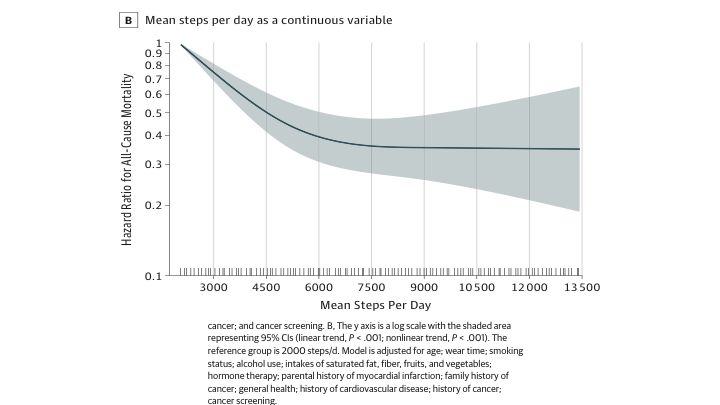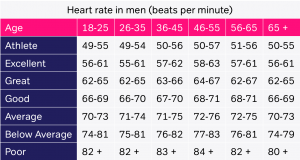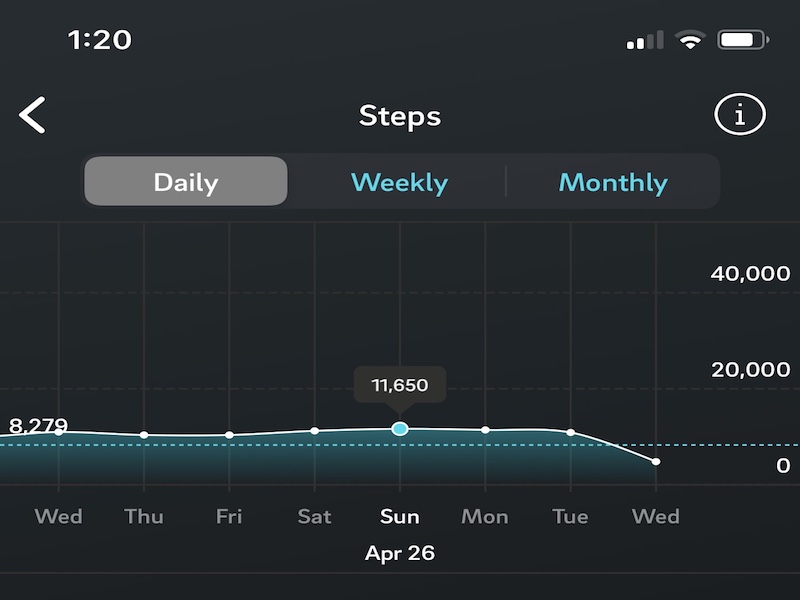Now that I have been using the Oura Ring for a few years now, I have a better idea of what I find useful and what I don’t find useful. This post is an update to my previous post about the Oura ring. This is more of an update than an Oura Ring review. Here I outline a few complaints about the ring and the main use cases I have for the Oura Ring.
My Complaints About The Oura Ring
- Battery Life – When I first received the Oura Ring, the battery life seemed amazing. It lasted for over a week before I had to charge it. It’s still not too bad but it noticeably drains much quicker. After a few days, the charge is only half. While it’s still very manageable, I can see it getting weaker and at some eventual point. Daily charging would be very annoying. There is also no way to change the battery. I would have to get a new version of the ring. This won’t be too bad if the new ring is much more sleek, powerful, and sexy.
- Batter Draining Overnight – This may be related to the above complaint about battery life. Occasionally, I will wake up with no sleep reading and zero battery charge. This happens even when going to sleep with nearly half of the ring charged. Pretty annoying!
- Readiness Score – I haven’t found that much of a correlation between the score and how I actually feel. Exceptions are when I undersleep or get drunk the night before. Drinking skyrockets my heart rate during sleep. There is potential for this score, but at this time it doesn’t seem to be of use to me.
Main Reasons for Using the Oura Ring
- Sleep Tracking – Reviews are mixed on the accuracy of the sleep tracking. I find that the Oura ring has been the most accurate sleep tracker I’ve experienced. It has been somewhat accurate in tracking when I actually sleep and wake up in the night. Naps are logged as “rest” and do not add any REM or deep sleep detection. Knowing the length of the nap has been useful as well.
- The Pedometer – There’s debate about whether 10 thousand steps are “The” number to reach for basic activity when it comes to health. Just like the debate on the “10 thousand hour rule” for success popularized by Malcolm Gladwell, people argue back and forth on the accuracy of this. It’s just a guideline and rough estimate. I combine these guidelines with some common sense and make my own conclusions. Daily movement is good for us and most people know this intuitively.
The chart below shows that all-cause mortality is reduced when you have more steps in your day. This is adjusted for age, smoking, status, alcohol use, saturated fat consumption, family history, and many other factors. I choose to get 10 thousand steps in no matter how busy I am, every single day. I’ve noticed a few changes I was able to track with the Oura Ring when I started this about a month ago.

- Heart Rate Variability – I also use the ring to track my heart rate variability. When I am well rested and have a general feeling of health and well being, my heart rate variability seems to be higher. Although there’s still a lot to learn about HRV, there is research that correlates a higher HRV and good health.
- Resting Heart Rate – Since the resting heart rate is a good and consistent measurement of health in adults, I want to make sure I maintain a good resting heart rate for an active adult.

The real “trick” of the Oura Ring that I can’t quantify is how it becomes a part of me. Like missing my phone, when I forget to put it on or think I lost it, I start to worry. How much did I sleep last night? I know what I went to bed. But how long was I awake when I woke up in the middle of the night? I sometimes forget that most of my life pre-Oura didn’t involve pedometers or sleep tracking. Perhaps this is the real magic of the Oura Ring.
